Anna McGrath on leadership in the 'new-abnormal'
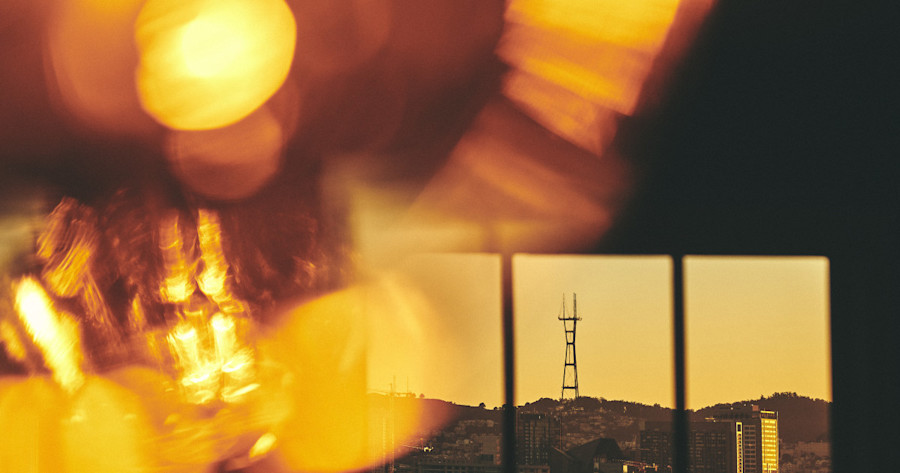
For better or worse, the rapid adaptation toward work-from-home scenarios has created a new paradigm for creativity. But perceived efficiencies suffer under the asymmetry of inputs.
Creativity doesn't come from a desk at home, but through conversations, arguments, and unexpected moments within the miniature of our lives. The question now is how to recreate an ecosystem we've taken for granted, then replicate that to an entire organisation.
Anna McGrath is a partner and head of culture and transformation for Godfrey Dadich Partners, the San Francisco-based design and strategy firm future-proofed for complex times. She might have some answers.
Semi Permanent: There are two competing ideas about how to approach this current situation: one is more optimistic in the time we have for personal creativity and expression. The other is more about survival and how it limits creative freedom. Where do you sit on that line?
Anna McGrath: I love that kind of question because what I hear is two opposite-positives. Surviving is a positive thing and optimism towards what is possible for the future is brilliant too.
One of the bodies of work I have studied is in leveraging polarities, which is really about saying ‘how do we stay in the upside of two opposites?’ Survival means different things to different people for me in this context it means being safe.
For example, when we (as an organisation) made the decision to work from home, those people with pre-existing conditions or older relatives in their household were able to make the decision to work from a safer environment. On the opposite side of that, if you’re only focusing on survival that’s obviously going to totally crush you; how could you possibly be creative in that space? Now everyone is taking care of themselves at home they can start to focus on what’s possible. This is not ignoring the devastation that is taking place across the globe, the focus is more around ‘what can I control now?’ I can control my actions, and my choices. I want to support others to remember they control their actions and choices. I would describe myself as moving on a continuous infinity symbol loop between two polar opposite energies—safety and optimism. And I invite others to embrace both/and instead of only either/or.
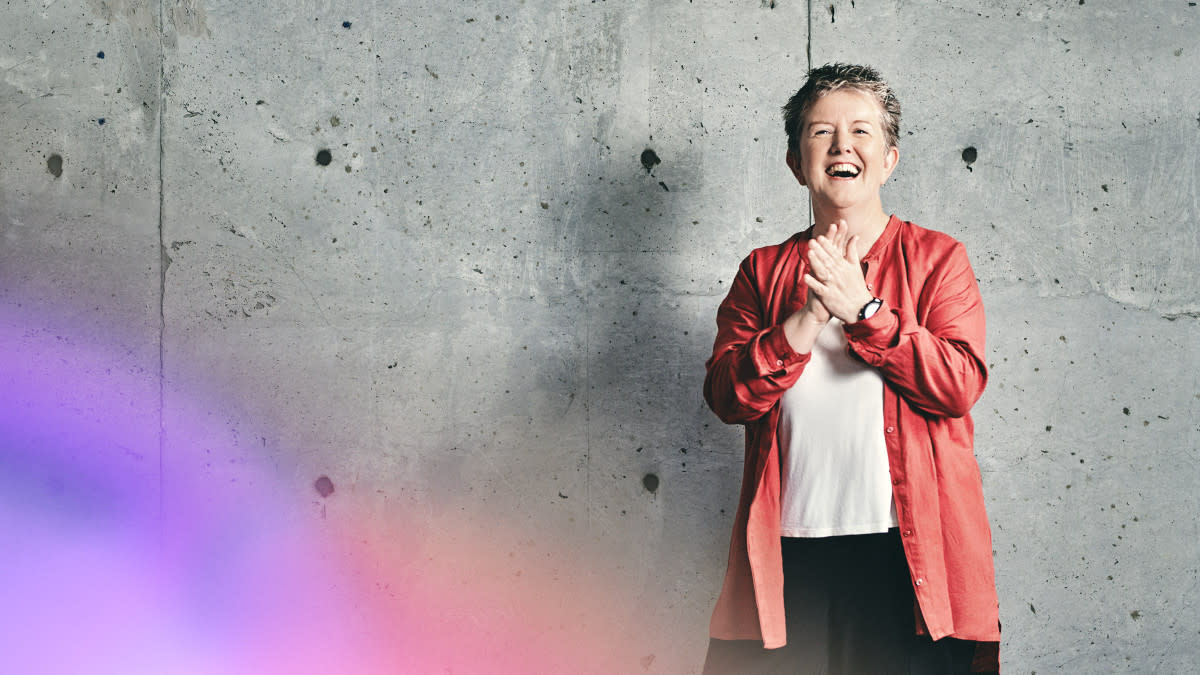
That's important to consider when we hear the term ‘essential services’ being thrown around so casually. That term creates a situation where a lot of people are being told their work is not valuable or necessary. How do you affirm your own work under those conditions?
Giving somebody else the authority to tell you what is ‘essential’ and what is not is the first lens to look through. I realise the essential worker context in this scenario has been defined as nurses, doctors, grocery store workers. I salute their amazing efforts and support them to be continually uplifted.
Other so called 'non-essential' works are in my mind essential in other ways. The artist will inspire people, the comedy strip creator will remind people to take a moment to laugh, coaching support will reboot people when they are struggling and all of these skills and more are essential for our mental health.
I don’t necessarily see it as ‘essential services’ vs. ‘nice to haves’. It’s more about essential life-saving services and essential life-rejuvenating services, and there are some challenges that only life-rejuvenating services can resolve. The question now is where do we need to be to create them?
Having spent some time in the GDP office, it does feel very considered towards maximising conversations between people. I’m curious how, as a company, you can extend that feeling to a remote working environment?
When I think about our team having vibrant conversations as they work from home, I instantly think about creativity and what I call ‘genius’. However, the one thing that will get in the way is the moment fear is in the mix. At this time of uncertainty people have many fears emerging, which cause meltdowns at different stages. We are constantly having conversations around the wellbeing of the employee and the wellbeing of the organisation—two things that are necessary to thrive. These are not problems to ‘solve’ or boxes to ‘tick’. Instead, we tap into peoples genius whether they are business-focused, people-focused, and/or creatively-focused, and are committed to them focusing on areas of strength.
Once we’re in our area of genius (which is the thing that energises us to jump out of bed in the morning) we can solve any problem. It’s no different than a researcher or scientist looking for a solution; if they’re truly doing the thing they love they’re going to find it. It’s the same for agencies. To be radically creative means being in your area of genius every day. If we start to get people focusing on things that aren’t their strength, their energy is going to drop, which is a recipe for disaster. The goal is not for people to be good at everything, the goal is to know what you are naturally great at.
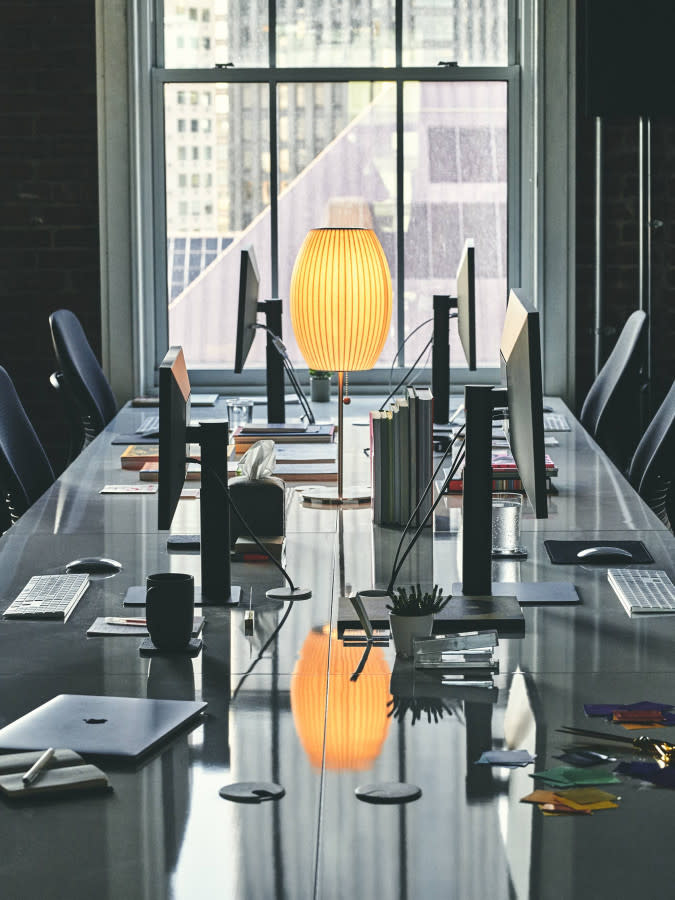
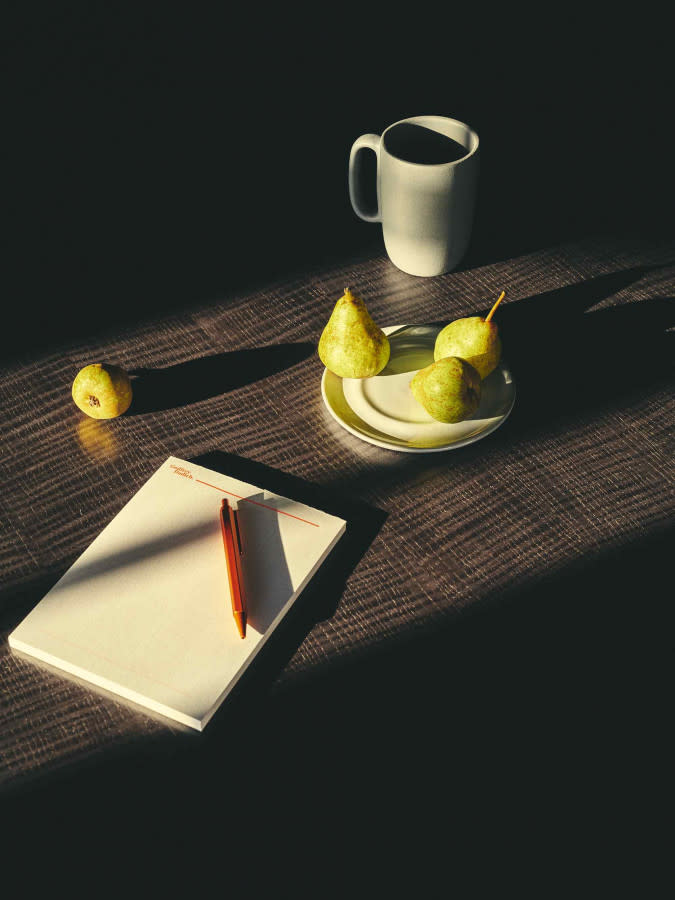
As you say, managers can’t be everything to everyone and people need to be equipped with those tools themselves. Are there any specific activities you’re hoping to instill within your staff to help them assume responsibilities from home that may have previously been higher up the chain?
From the very beginning my focus has been on all of us taking 100% responsibility (you have 100% and I have 100%). The challenge is to discover what 100% looks like. We have designed a response-agility workshop that expands personal awareness and develops this skill. The outcome is more effective decision-making at all levels which allows people to work from home more effectively. One of the tools that is part of our leadership for all workshop series is called the ’10-second communication.’ Why I love this practice is it requires each of us to reflect on exactly what we want to communicate without adding the story, something that can be shared in one 'out' breath or in under 10 seconds. If you have something challenging to say or an appreciation to share this is an essential communication skill. This may sound simple, however it is not easy without practice.
All of these skills (which I would call conscious leadership skills) are about getting everyone in the organisation operating in the same way. The biggest skill people can learn is to speak up and be willing to say ‘I’m struggling right now’. Every minute that someone is struggling, their morale and productivity and sense of self declines, then the individual isn’t getting what they need and the client isn’t getting what they have hired us to deliver. As a team it’s our responsibility to be available for our team mates, even more with us working remotely.
Something I really appreciated in your Zoom workshop last week was that you said it’s ok to give yourself time to rant. I’m constantly trying to say to myself ‘this is as bad as it can get’ because if I can get through this, I can probably get through anything. Then it sets the benchmark for future challenges. Do you agree?
Let me start with a current rant of mine: the US government told people that they didn’t ‘need’ to wear masks to stop the spread of the virus instead of saying ‘we don’t have enough masks for our frontline people’. Once I full out rant, I am able to re-direct my energies to what I can control, my actions and my choices instead of complaining about others. When I am ranting I am seeing the situation as an imposition. When I choose to grow I see the situation as an invitation.
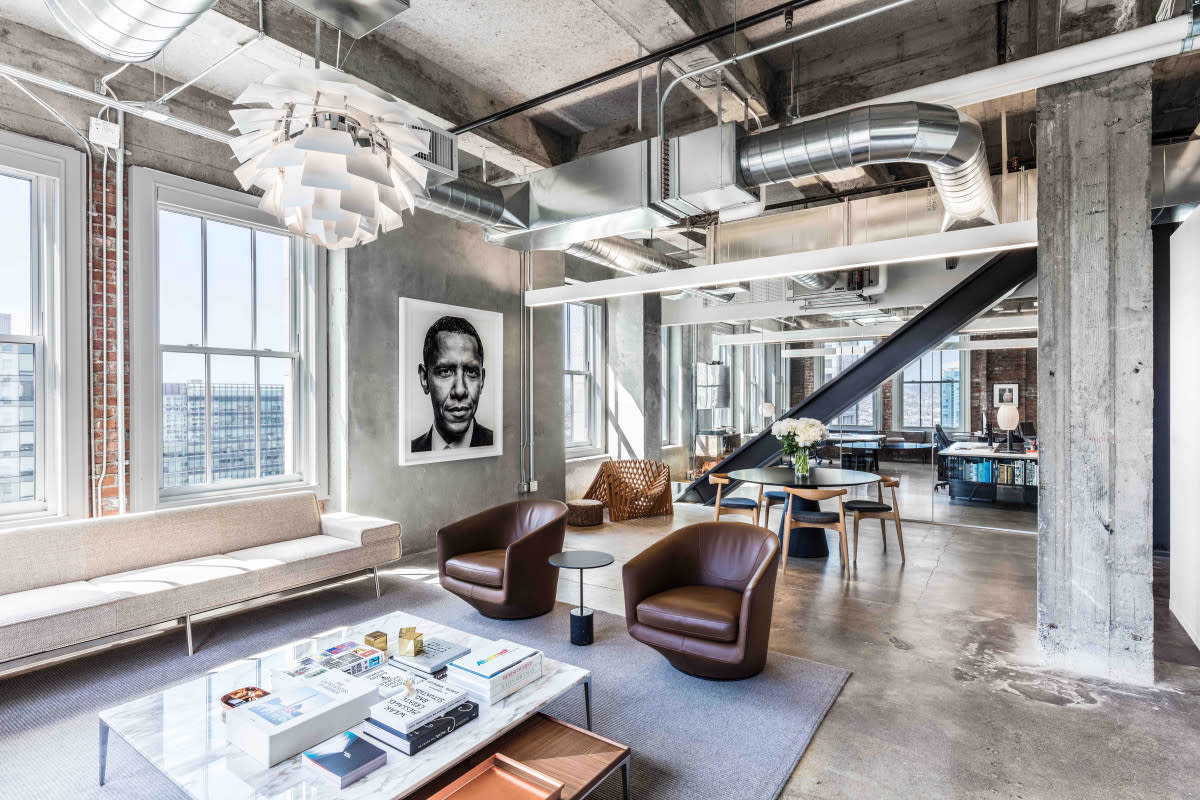
There is another part of this, which is how the world around us constantly feeds into working processes. Small interpersonal interactions, things you notice on the walk to work, even other people’s work are important sources of inspiration. Is it even possible to subsidise those experiences without collective momentum?
Those casual conversations—stopping by someone’s desk, showing them a piece of paper—are so difficult to reproduce. Our belief is back-to-back Zoom meetings are not going to inspire creativity, and we are looking to balance video conference time with creative activity time.
We talked about setting a communal lunch break, because casual conversation that isn’t about work and deadlines are so essential in creating a more relaxed environment. Some teams are doing happy hours, with small groups to talk about what’s happening right now in a more casual round-table (or rather, Brady Bunch-squares) like-setting.
Mostly, it’s up to the individual to reflect on what they need. It might be a walk to a park bench, or the ocean, or enjoy a piece of art that is going to inspire you. We all have deadlines to navigate, but the more we can relax the more likely we are to come up with things that inspire ourselves and our clients and the world around us. Spaciousness is really critical at a time like now because there is just so much happening that creates contraction. Creating spaciousness through meditation, yoga or in whatever way you can right now has to be prioritised. Once you have space, ideas emerge.
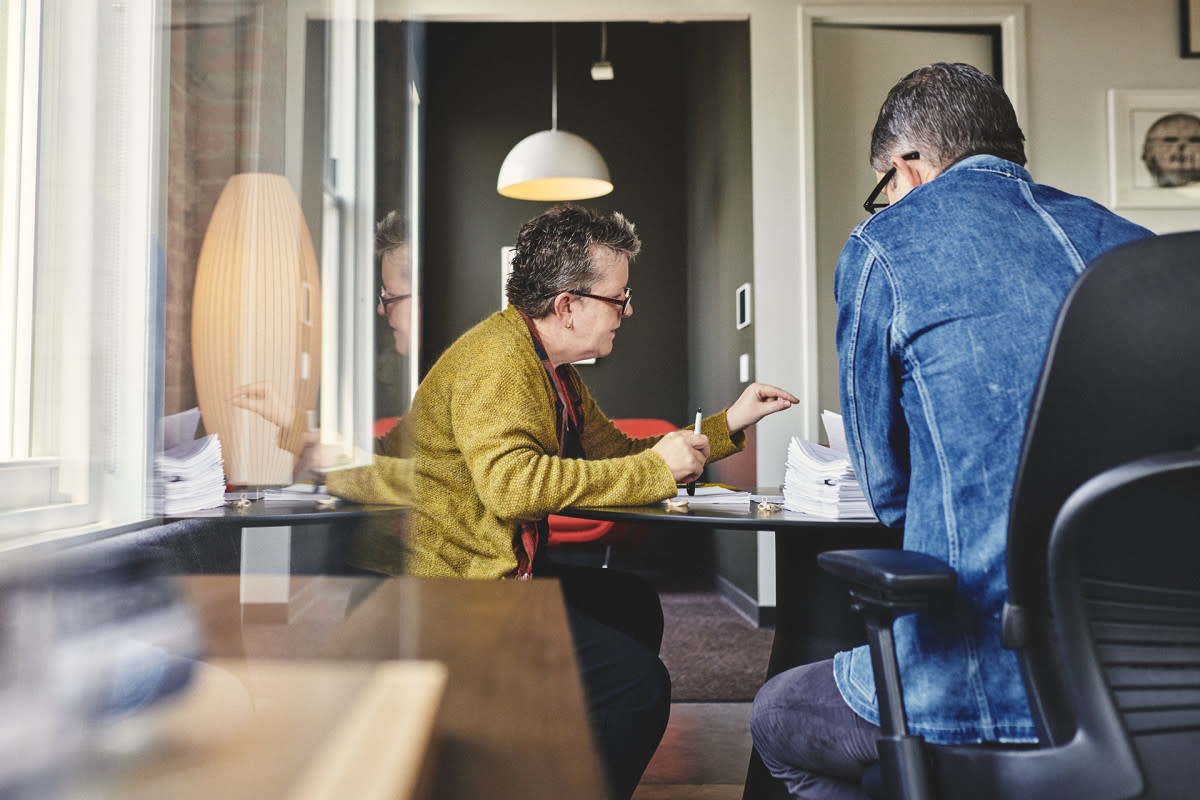
When we do eventually go back into our respective offices, what do you think we will have learnt?
We have learnt how to collaborate and deliver amazing quality work when we are in a virtual setting, which we previously thought could only happen in-person. I appreciate the way that each of our teams have placed a much greater emphasis on ensuring that everyone is coping both professionally and personally. We added more leadership workshops to support communication flow and ensuring people feel able to respond to these massive changes and I think the increased frequency will continue. One of the biggest upsides to Covid-19 is that mental health is being discussed and understood in a much more open and empathetic way. What we have learnt overall are the skills that are required in the new abnormal.